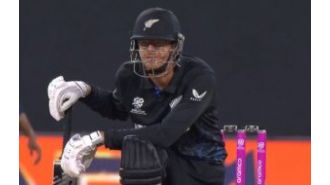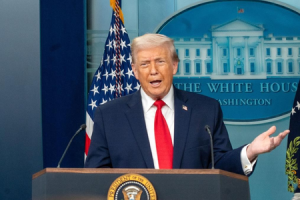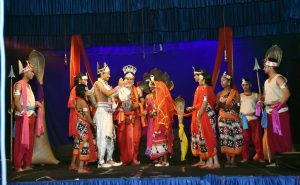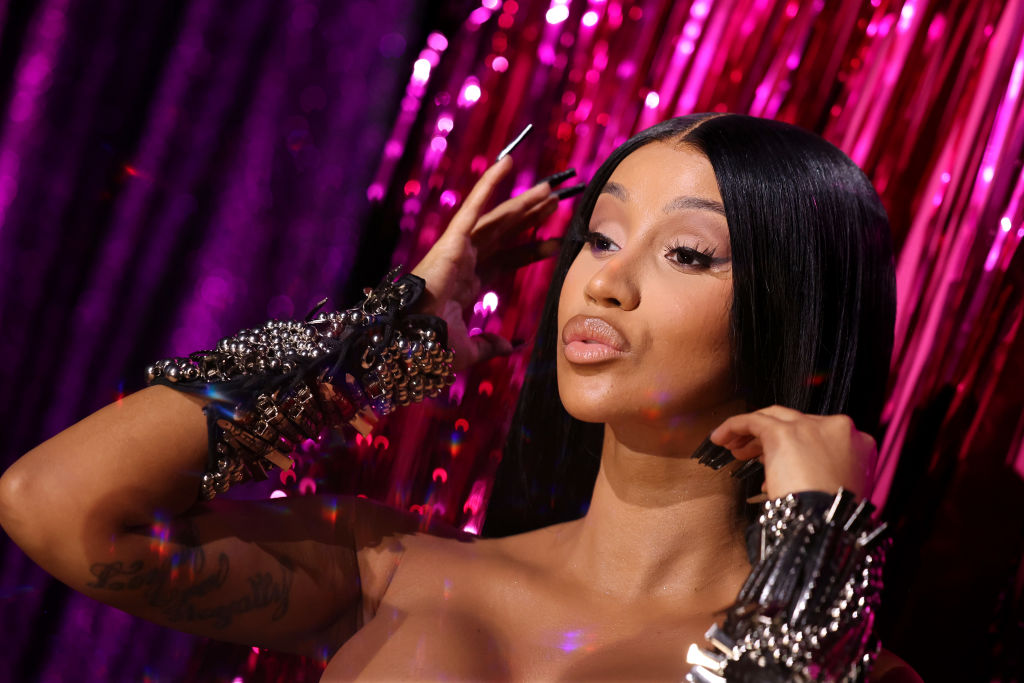Two horses have died from injuries suffered during preliminary Grand National races, the day before the main event.
Protests against horse racing have escalated with recent deaths.

Yesterday, the horse racing world suffered a tragic loss as Giovinco, a seven-year-old horse, passed away during a race at the Grand National. He was being ridden by jockey Stephen Mulqueen and fell at the last hurdle of the Mildmay Novices' Chase. Despite efforts to save him, Giovinco's injuries were too severe and he had to be put down.
Giovinco was trained by Lucinda Russell, a two-time Grand National winner, who shared a heartfelt photo of her and the horse on Facebook. She expressed her gratitude for the kind words and support from the racing community, while also mourning the loss of Giovinco. This came as a shock and a devastating blow to everyone who loved him, including his owners, jockey, and the team at home.
Unfortunately, Giovinco was not the only horse to die at the Grand National. Pikar also suffered a fatal fall during the Alder Hay Handicap Hurdle, the last race of the day. Despite efforts to save him, he too could not be saved. Animal Aid, a campaign group, claimed that Pikar broke his neck. This tragedy has sparked renewed calls for increased safety measures and even a ban on horse racing.
Animal Aid stated that if this death toll occurred in any other sport, it would be immediately banned. They criticized the racing industry and the government for allowing these innocent animals to suffer and die in the name of entertainment. Since the first Grand National in 1839, around 90 horses have died during the Aintree meeting, with 41 of those deaths occurring between 2000 and 2012.
In response to the recent deaths, the British Horseracing Authority has implemented several safety measures for the 2024 races. These include a reduced field of 34 horses, a standing start, a reduction in fence height, and added foam and rubber toe boards on every fence. The race will also start at an earlier time to ensure optimal track conditions.
Last year, the race was delayed due to animal rights activists gaining entry to the course, resulting in over 100 arrests. However, this year, the group has stated that they have no intention of disrupting the event. In an email to the Jockey Club, the group's co-founder, Dan Kidby, explained that the actions of last year were to draw attention to the deaths that occur at the Grand National and that disruption is not necessary this year.
Despite the efforts to improve safety, tragedies like this continue to happen. Aintree Racecourse expressed their condolences to the connections of both horses and emphasized that the welfare of all participants is their top priority. The Jockey Club, which runs Aintree Racecourse and the Grand National, also stated that they have invested over £47 million in equine welfare over the past 20 years, making racing safer than ever before. They reported a 99.82% safety rate in 2023, with almost 90,000 runners in a full uninterrupted year of racing. However, for the loved ones of Giovinco and Pikar, these statistics offer little comfort in the wake of their tragic deaths.










